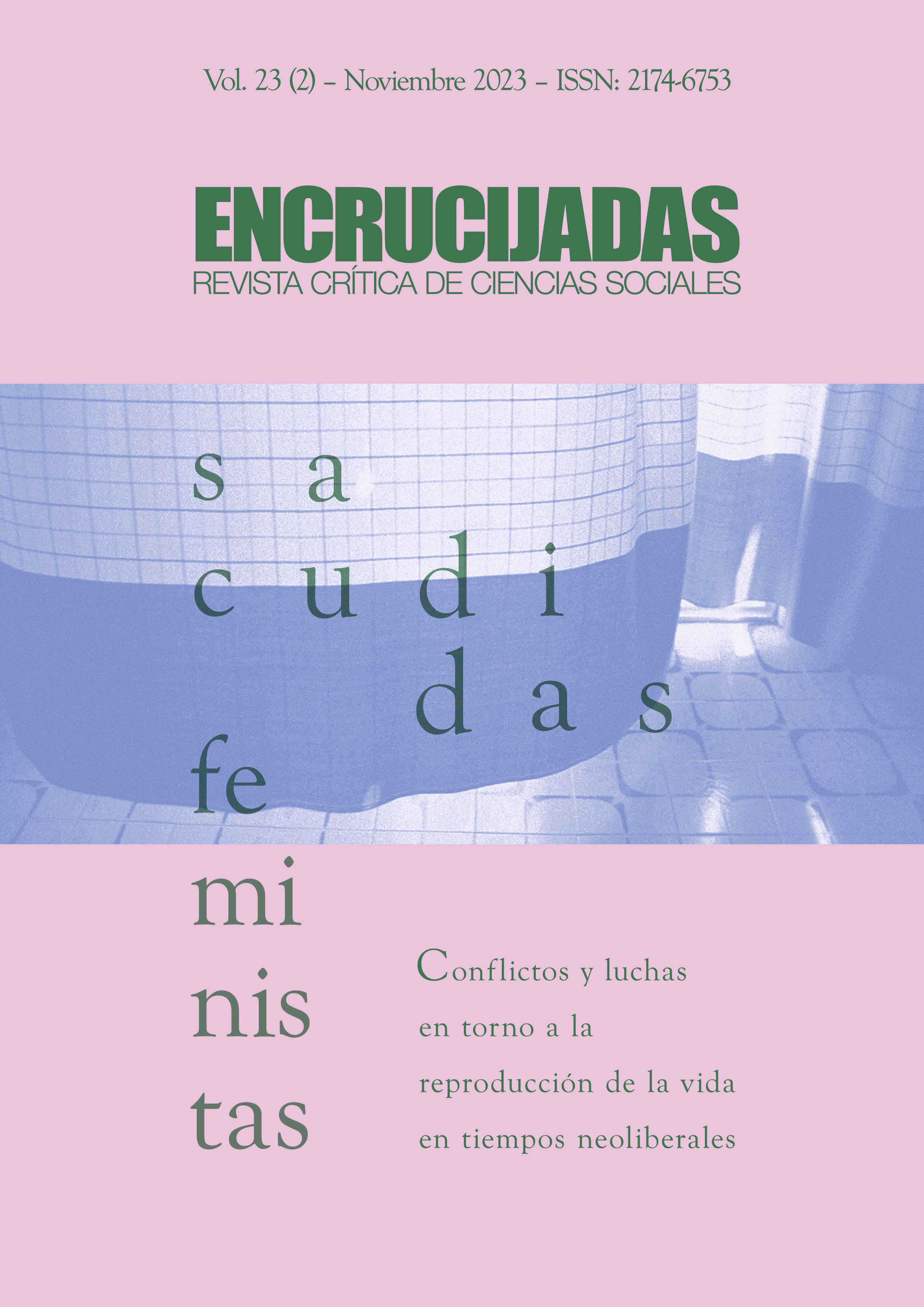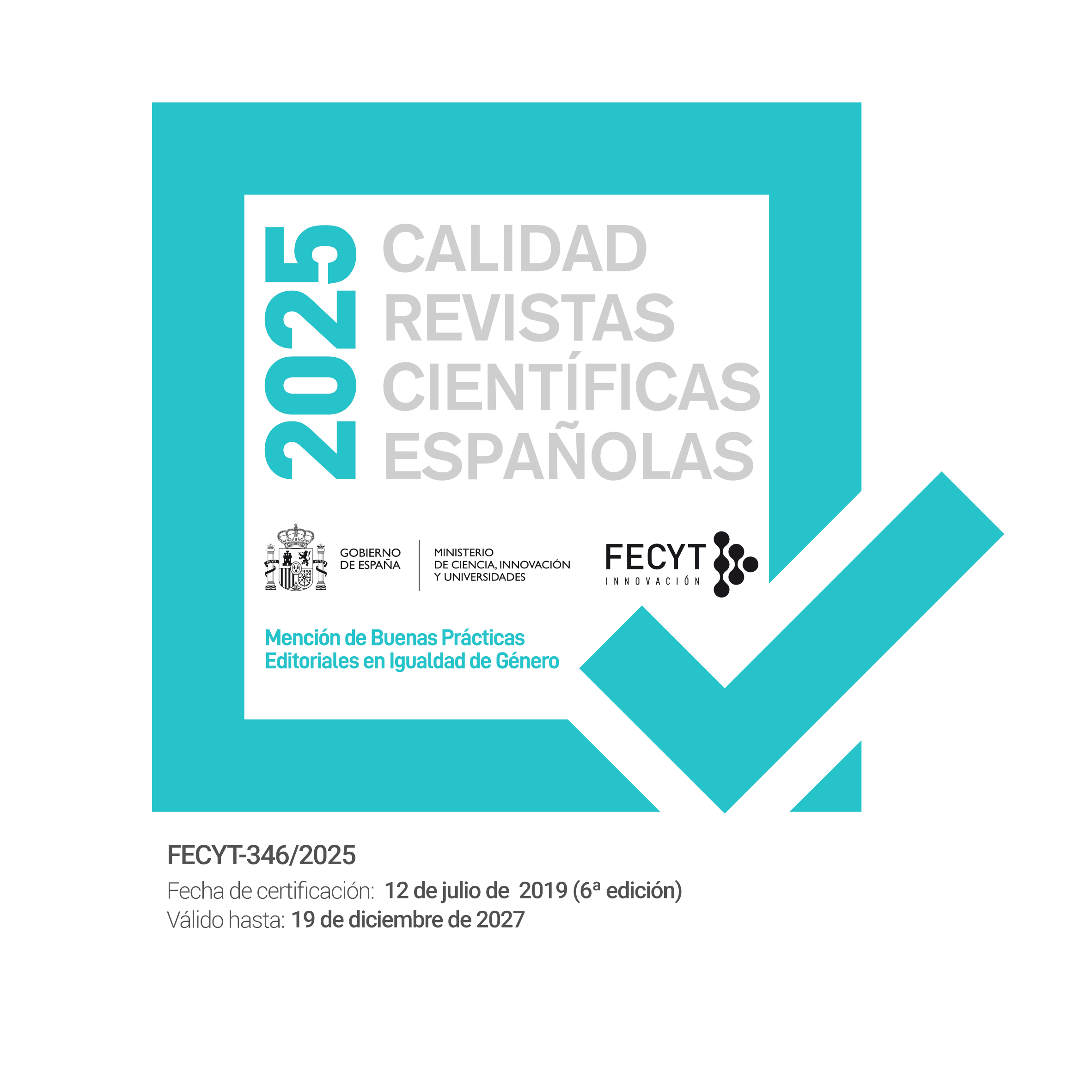Inventing sex work
Keywords:
Sex Work, Prostitution, Feminism, Alliances, Political OrganizationAbstract
Carol Leigh tells her feminist politicization process though an autobiographical story and includes some debates about femininity, sexuality and pornography that existed in feminist movement in the 1970s. Author tells her experience in the incorporation into an American hegemonic feminism. In this case, it talks about prostitution without the experience of the sex workers themselves and it doesn’t recognize them as political subjects with agency. Leigh, based on her introduction into prostitution, describes the complexities of this activity, the struggle of sex workers to improve their labor conditions and processes of political organization by the creation of alliances with other groups. In the context of feminist disputes, author proposes to coin the term “sex work”. On the one hand, she wants to separate it from the negative connotations associated with prostitution, and on the other, to reclaim the emergence of this political movement.
Downloads
References
Atkinson, Ti-Grace (1974). Amazon Odyssey. University of Michigan.
Delacoste, Frédérique y Priscilla Alexander (eds.) (1987) Sex work. Writings by women in the sex industry. Cleis Press.
Lakoff, Robin (1973). Language and woman's place. Language in Society, 2(1), 45-79. https://doi.org/10.1017/S0047404500000051
Stone, Merlin (1984). Ancient Mirrors of Womanhood: A Treasury of Goddess and Heroine Lore from Around the World. Beacon Press.
Womongold, Marcia (1979). Pornography: a license to kill. New England Free Press.
Downloads
Published
How to Cite
Issue
Section
License
Copyright (c) 2023 Encrucijadas. Revista Crítica de Ciencias Sociales

This work is licensed under a Creative Commons Attribution-NonCommercial-NoDerivatives 4.0 International License.
Los autores/as conservan los derechos de autor y ceden a la revista el derecho de la primera publicación, con el trabajo registrado con la licencia de atribución de Creative Commons Reconocimiento-NoComercial (CC-BY 4.0), que permite a terceros utilizar lo publicado siempre que mencionen la autoría del trabajo y a la primera publicación en esta revista. Encrucijadas permite y se anima a todas las personas autoras a depositar la versión final publicada en repositorios institucionales o temáticos de acceso abierto, cumpliendo en caso necesario los términos establecidos por la entidad financiadora de la investigación.





